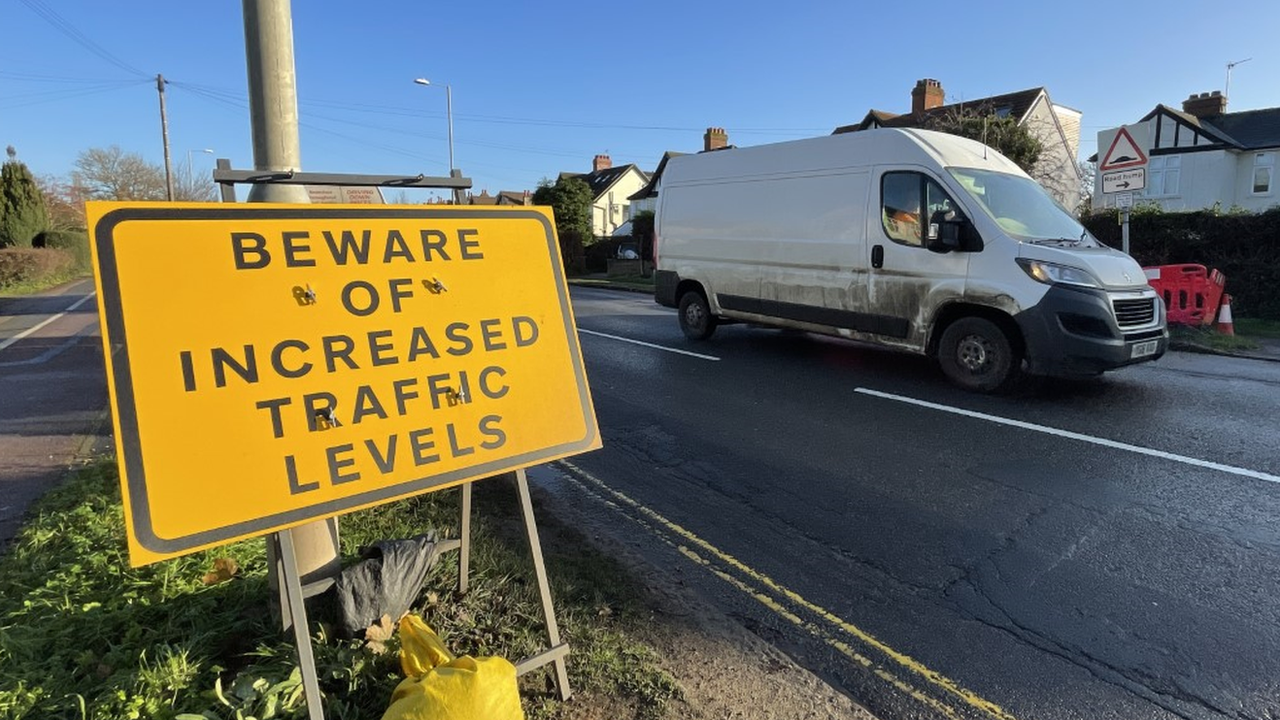Local elections 2023: Might congestion charge plan decide Cambridge vote?
- Published
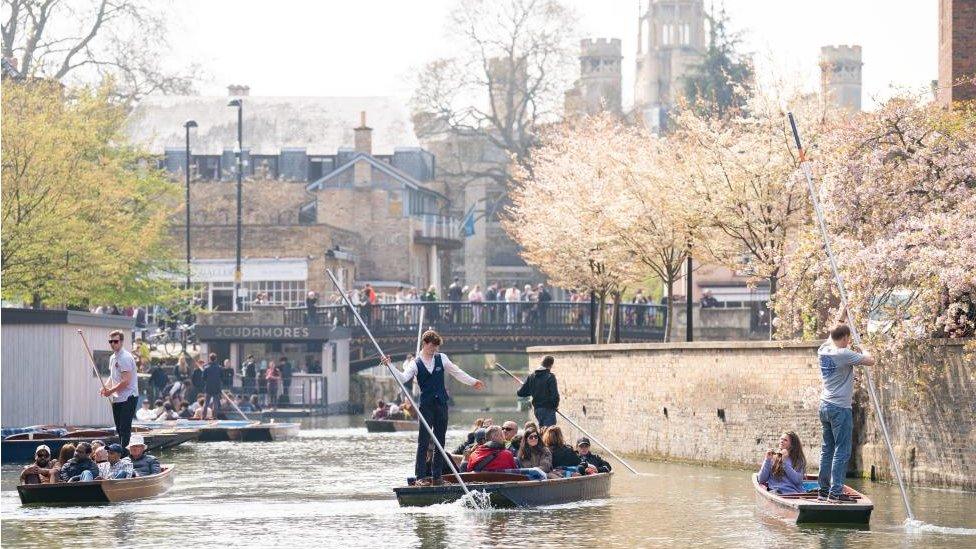
The proposed congestion charge is one of the most important issues for people living in Cambridge
Cambridge City Council will not decide alone whether or not a new congestion charge zone is introduced. But debate about the proposed levy is likely to play a role in the city council elections.
The proposed congestion charge is one of the most important issues for people living in Cambridge.
The idea of a sustainable travel zone (STZ) came from the Greater Cambridge Partnership (GCP), a body that includes three local councils, businesses and the University of Cambridge.
The partnership is proposing that cars that drive in the zone between 07:00 and 19:00 on weekdays will pay a daily charge of £5, going up to £10 for vans and £50 for HGVs.
Money raised will help pay for a £50m bus network expansion and improved walking and cycling infrastructure.
But the proposal has left Cambridge, which is home to about 145,000 people, divided.
Some say it is a once-in-a-generation opportunity to sort out congestion in the city, while others believe it is simply an unfair tax.
A referendum on the issue has already been ruled out by both the GCP and Cambridgeshire County Council, meaning the city council election will be the first time since the plans were announced in 2022 that people head to the ballot box.
Voters say they want to know where those up for election stand on the issue.

The congestion charge would cover the whole city
Cambridge City Council, external is currently run by Labour, which holds 24 of the authority's 42 seats.
More than 23,000 people took part in an initial consultation on the plans for a sustainable travel zone, which the GCP is currently analysing.
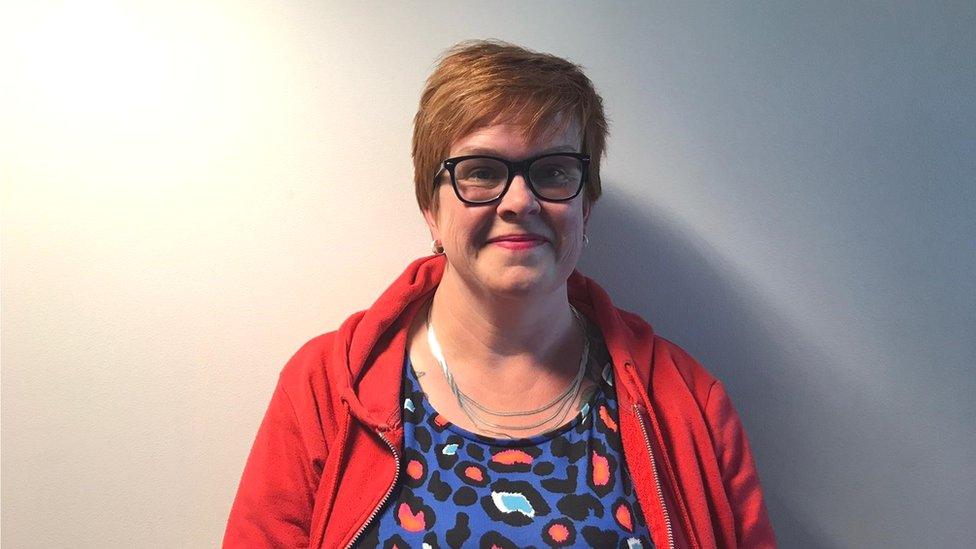
Alex Collis, Labour's deputy leader on the council, said she broadly supports the aim of the congestion charge
Alex Collis, Labour's deputy leader on the council, said she broadly supports the aim of the congestion charge but does not support the proposal in its current form.
She said she is awaiting the results of the consultation and any changes that might be made to the plans.
She said she hoped "much more attention [would be] paid to people on low incomes" in the proposals.
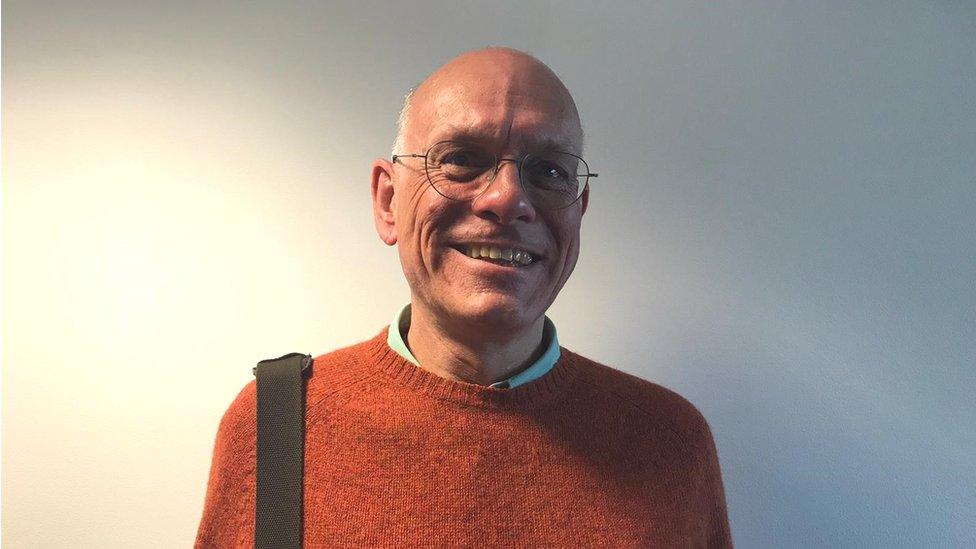
Lib Dem group leader Tim Bick suggested the hours of operation might be altered
The Liberal Democrats controlled the council between 2000 and 2012. The group currently holds nine seats.
While the group agrees something needs be done to tackle congestion, it said the current proposals needed further work.
Lib Dem group leader Tim Bick said: "There are going to be unavoidable car journeys that people need to take and we need to be realistic about that."
He suggested the hours of operation might be altered or people offered charge-free days to allow people to make necessary car journeys.
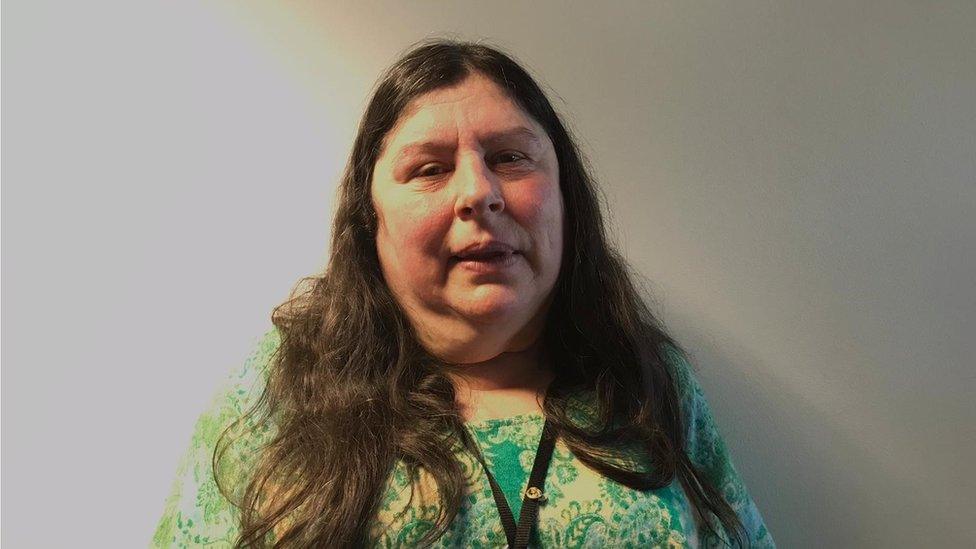
Naomi Bennett, the Green group leader, wants a a full economic assessment carried out
The Green Party currently is represented on the city council by three councillors. The group said it was hoping to increase the number of seats held.
Naomi Bennett, group leader, wants a a full economic assessment carried out on the congestion charge plan.
"Until I see that," she said, "I'm not going to say 'yes' or 'no', because it's irresponsible to do that."
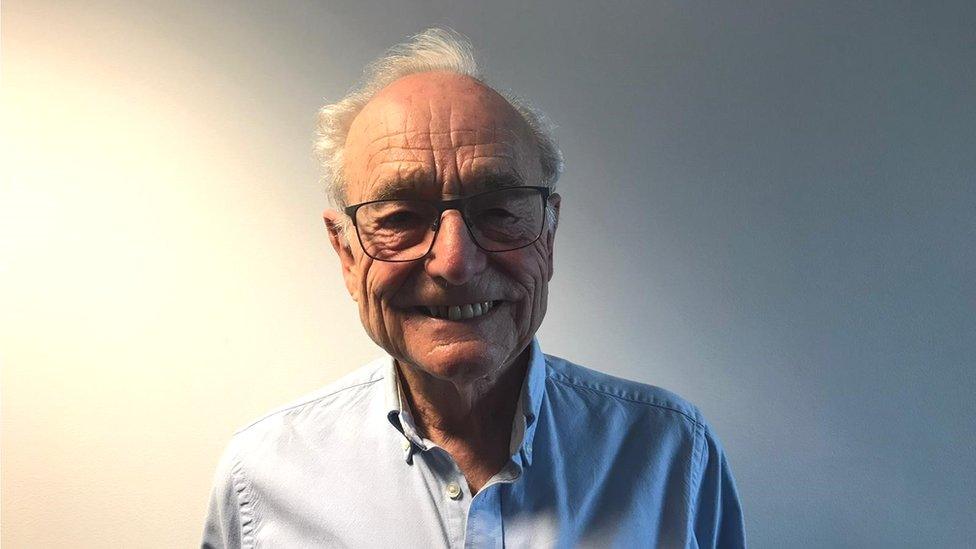
Conservative Mike Harford described the congestion charge suggestion as an unfair tax
Only the Conservatives have definitively rejected the congestion charge plan. The party has not had a seat on Cambridge City Council since 2015.
Mike Harford is one of the party's candidates standing for election this year, and said the proposed charge was an unfair tax.
"It's not about congestion - if it was about congestion you'd let cars move when there isn't congestion," he said.

Find BBC News: East of England on Facebook, external, Instagram, external and Twitter, external. If you have a story suggestion email eastofenglandnews@bbc.co.uk, external
- Published21 December 2022
